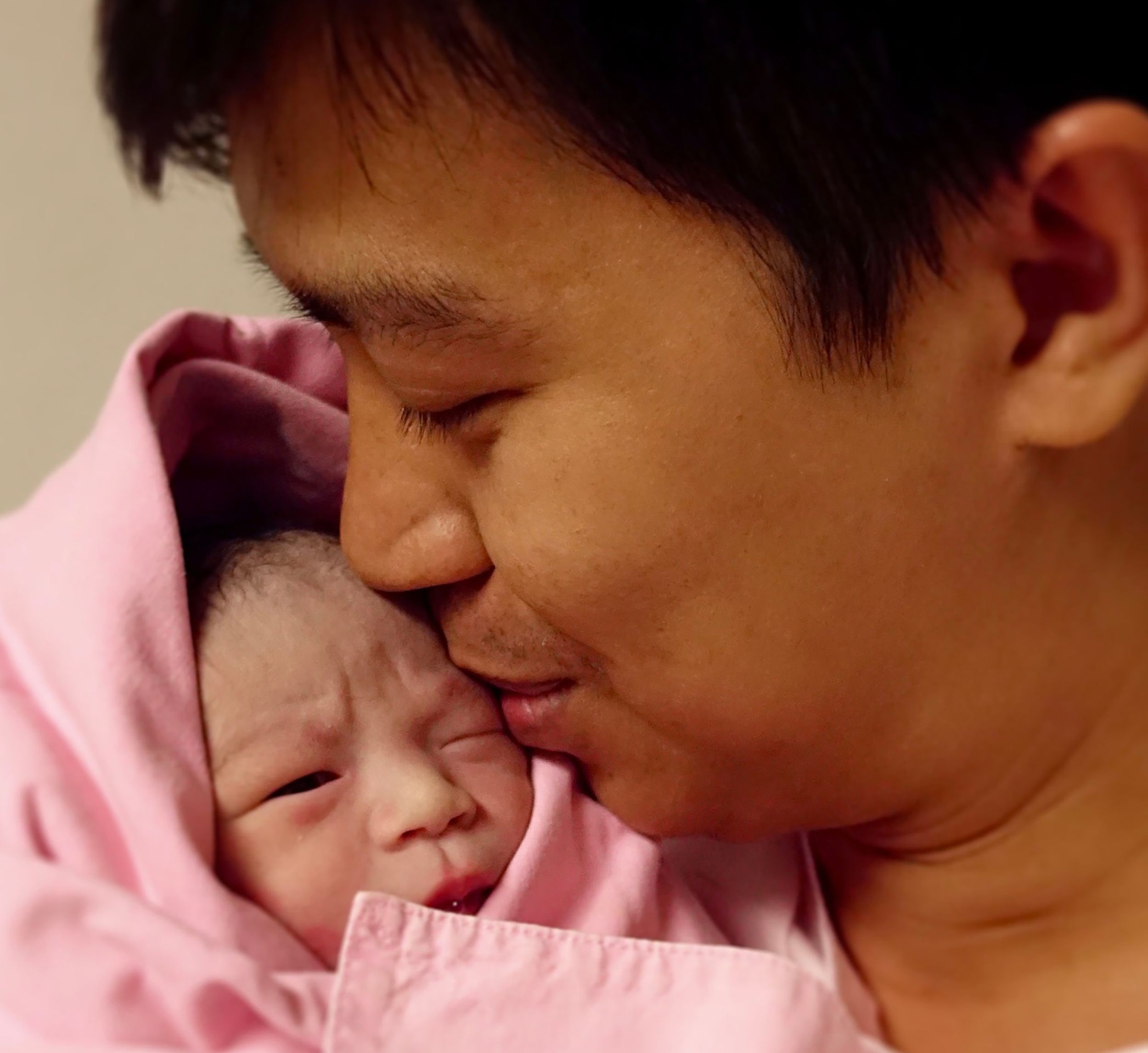The father’s role in the family has changed dramatically over the past few decades. Today, dads are much more involved, both in the practicalities of parenting and in building their relationship with their baby. Sometimes the challenges of supporting your pregnant partner or being a new parent can leave you feeling exhausted.
Many new dads experience some trouble adjusting to parenthood, and you might be unsure if the mental and emotional load of parenthood has become something more serious.
If your thoughts and feelings are worrying you, affecting your daily function or stopping you from enjoying life, you may be experiencing symptoms of postnatal anxiety or depression. This is nothing to be ashamed of, as postnatal mental health concerns are common, affecting up to 1 in 10 expecting and new dads.
You don’t have to manage everything alone though. The sooner you seek help by talking to someone, the quicker you can access some supports and start feeling better.
“As the man, you feel that you need to take all of this on yourself and keep things going. To be honest, you can’t. It’s not healthy or smart to just think you can cope. Never be afraid to tell anyone what you need. Don’t lie about how you’re doing, to yourself or anyone else. If you’re struggling, say so. Speak to your doctor, friends or family.”
Perinatal anxiety and depression in dads
We know that people experience mental health changes during the perinatal period differently. The way your mental health is affected when you become a dad can depend on a range of factors.
Your own genetics and unique emotional, mental and physical traits may play a part, plus external factors like:
- Your pregnancy and birth experience, especially if it was difficult or traumatic for you and/or your partner.
- Your partner’s mental health can have an impact on your own mental and emotional wellbeing.
- Stressful life situations can have an impact too.
There are also different degrees of perinatal mental ill-health. Some dads experience mild postnatal anxiety or depression, while other dads experience more severe symptoms. Mental health concerns can affect your enjoyment of pregnancy, being a new dad, your bond with your baby and your ability to function in daily life.
The mild to severe range of perinatal anxiety and depression symptoms means there is no one-size-fits-all approach to mental health recovery. This means:
- Everyone responds to treatment differently.
- What works well for another guy may not be the best care plan for you.
- Your recovery plan will be personalised and adapted to meet your individual needs as a person and a new dad.
Your voice matters. You’re the expert on your own life, and your care team will consult you about what might work best for you.
Seeking advice
If you’re an expecting or new dad worried about your emotional and mental wellbeing it’s important to seek support from a trusted health professional.
We recommend you see your doctor first, but it’s also a great idea to speak with other health professionals like your family’s maternal and child health nurse for information and advice.
Your doctor can help you understand (link talking to your doctor) what’s happening and discuss the best treatment options for you. These might include:
- Counselling
- Self-care strategies, like the SMS4Dads program
- Medication
- Peer supports for dads (e.g. virtual courses and peer groups)
- Information and access to perinatal mental health resources specially designed to support dads.
It’s also important for your GP to rule out the possibility of any other physical conditions. High stress levels or vitamin deficiencies are some issues may contribute to feelings of depression, anxiety, low energy or lack of motivation. Worrying thoughts and feelings can resolve if identified and treated.
Please remember that if you don’t feel comfortable speaking to your regular doctor, or you’re not satisfied with the advice and treatment you receive, it’s always worth seeking a second opinion.
If you’re in any doubt, call the PANDA National Helpline. Our telephone counsellors speak to dads regularly, and will listen to your concerns and explore pathways to care with you, including additional referral options if you need them.


